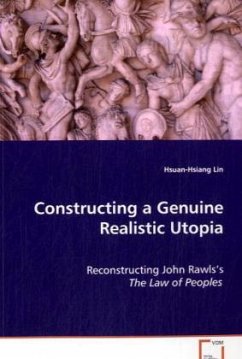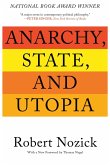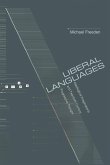John Rawls's The Law of Peoples adopts a"people-centric" approach to international ethics.Many liberal theorists find his account too orientedto the status quo; they prefer a more cosmopolitan,egalitarian approach to international ethics. In thisbook Hsuan-Hsiang Lin offers a theoretical defensefor Rawls's approach via expounding the key ideas ofRawls's political constructivism, includingreasonableness, justification, and public reason. Onthe other hand, Lin qualifies his defense by addingtwo minor revisions to Rawls's framework. Lin arguesthat Rawls's taxonomy of peoples runs against hisdoctrine of the equality of peoples and Rawls'sconception of toleration smacks of paternalism. Linsuggests that the first problem can be fixed byredrawing the line between ideal and nonideal theoryin accordance with Seyla Benhabib's distinctionbetween the standpoint of the generalized other andthe standpoint of the concrete other, and the secondproblem by incorporating a Habermasian dialogicalapproach into Rawls's framework. Students andscholars of international ethics, internationalrelations, and political philosophy will beinterested in this book.
Bitte wählen Sie Ihr Anliegen aus.
Rechnungen
Retourenschein anfordern
Bestellstatus
Storno








